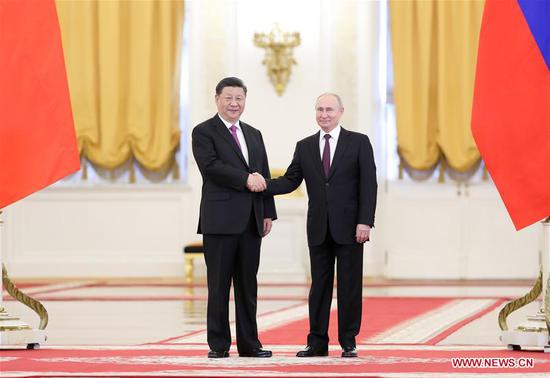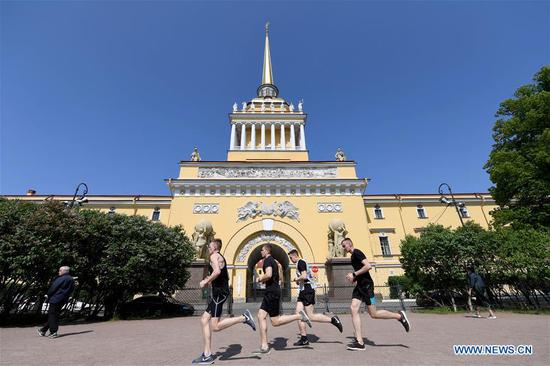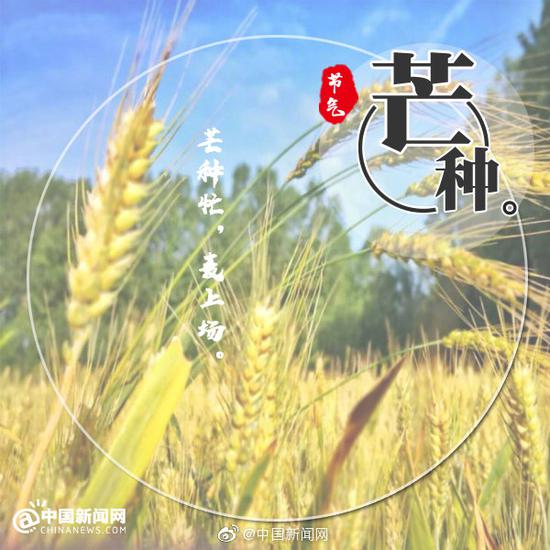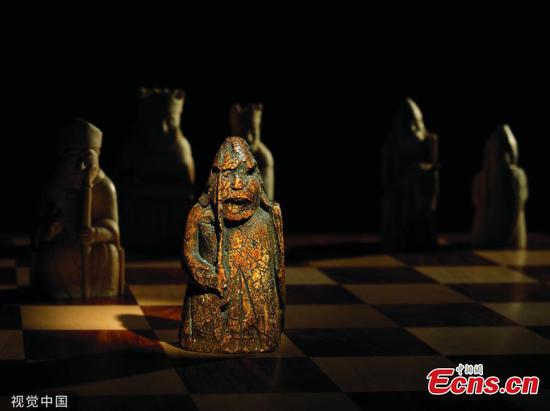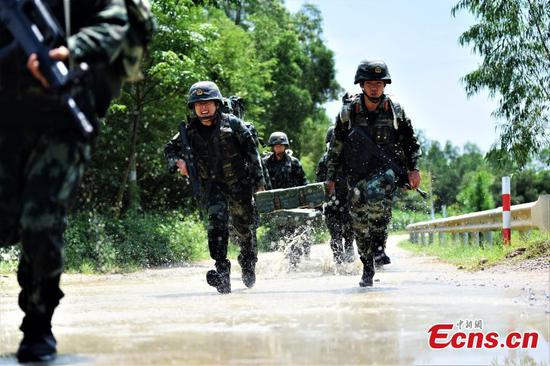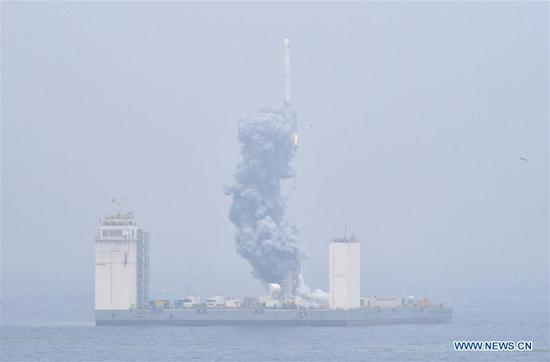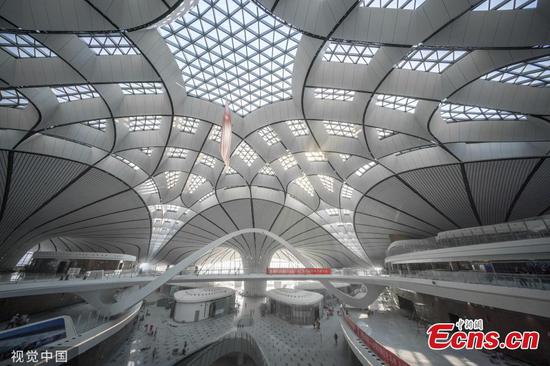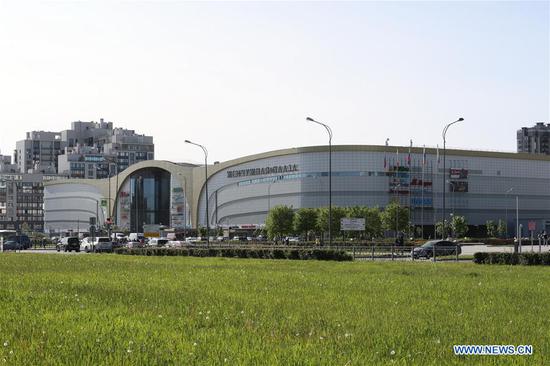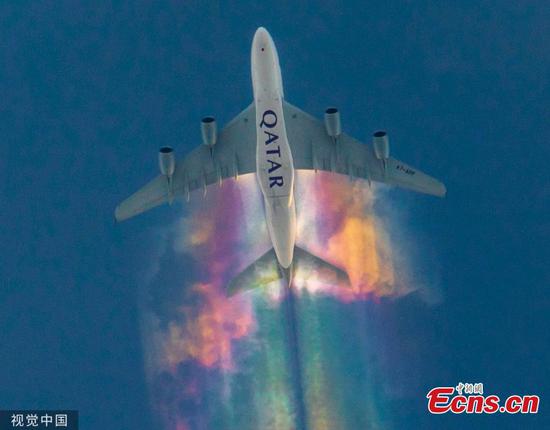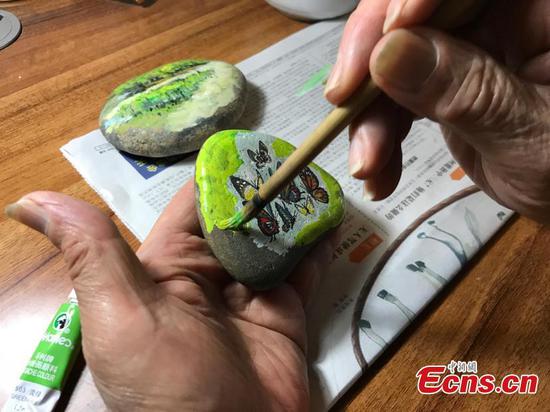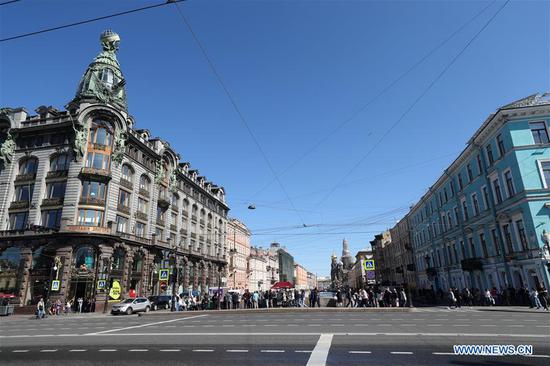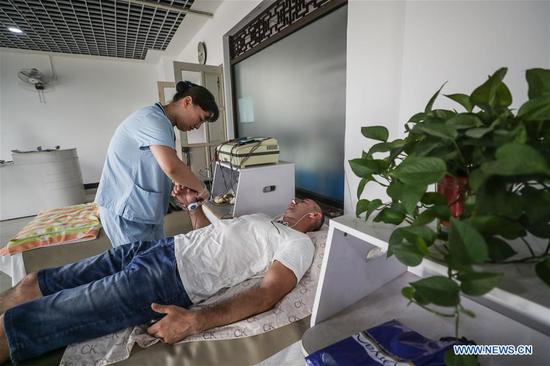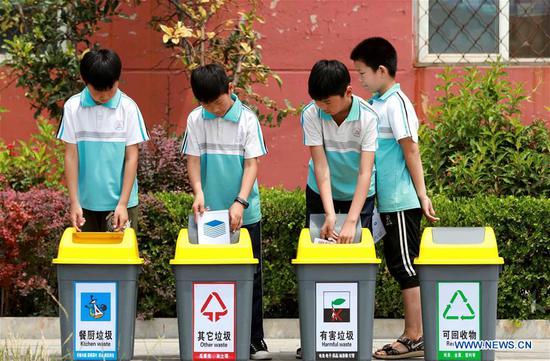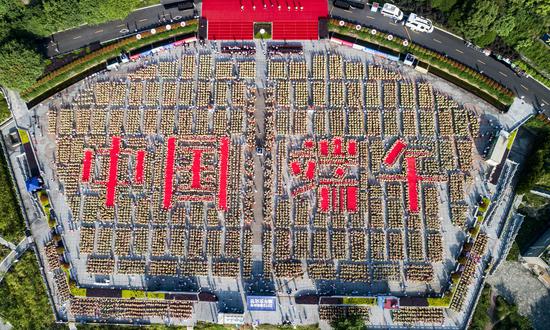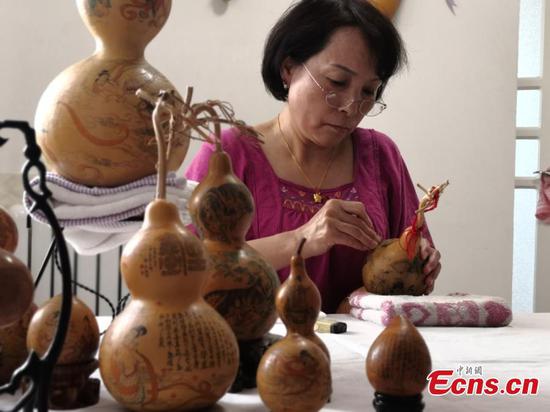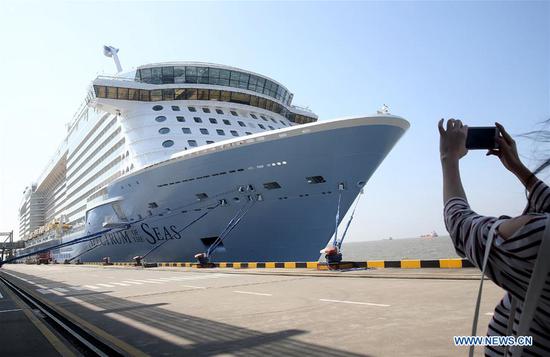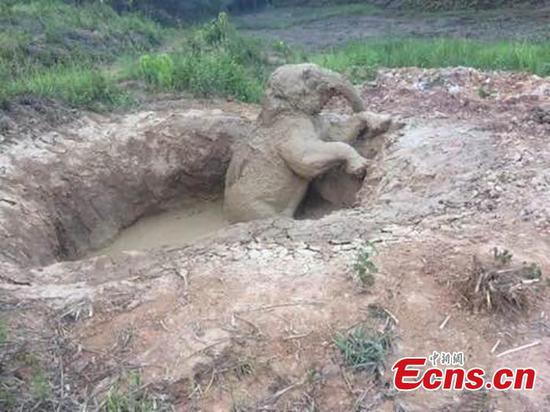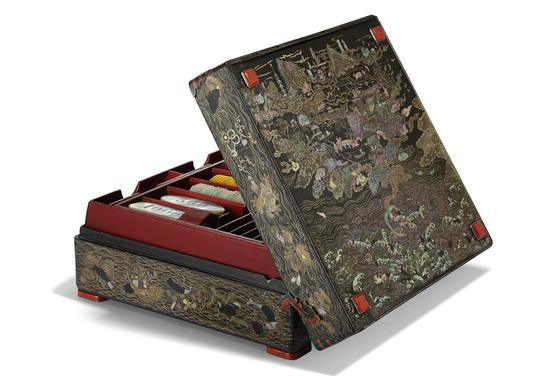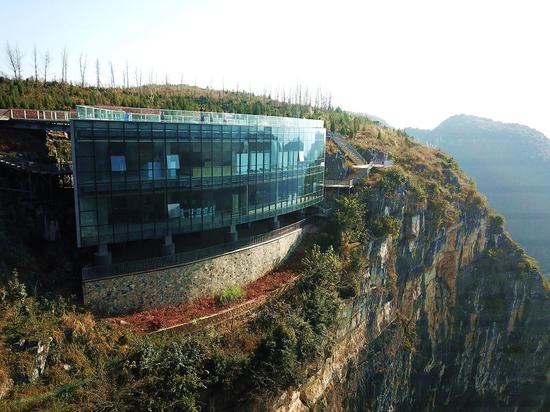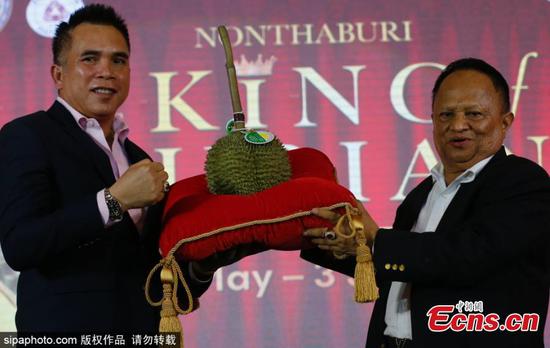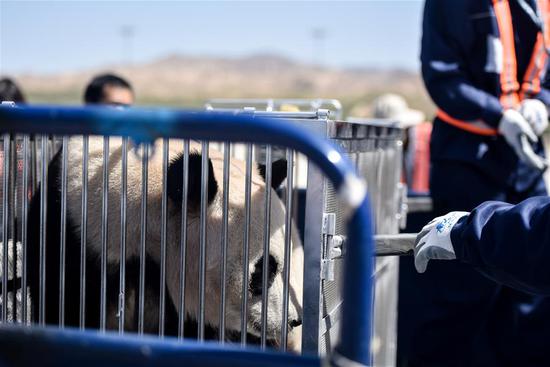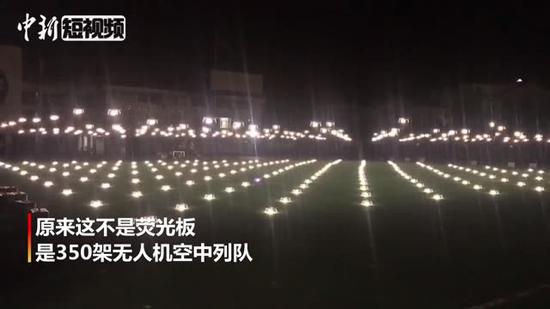China's Ministry of Finance announced Tuesday that 77 pharmaceutical firms will be audited at random, with the aim of promoting the construction of a fairer and more sustainable medical security system.
According to a statement published on the ministry's website, an attached list of 77 companies was chosen at random, and bureaus under the ministry and China's National Healthcare Security Administration would be assigned to assess each firm according to China's accounting laws.
The list features the local arms of three overseas pharmaceutical firms – Sanofi, Eli Lilly and Co., and Bristol-Myers Squibb Co. Major domestic firms that will be audited include Jiangsu Hengrui Medical Co., Shanghai Fosun Pharmaceutical Group Co. and Shandong Buchang Pharmaceuticals Co.
The audits will take place in June and July, and come after Kangmei Pharmaceutical Co. was probed for misreporting its finances.
Kangmei admitted to using falsified documents and data as it overstated its cash holdings for 2017 by 29.9 billion yuan (4.3 billion U.S. dollars), and told the Shanghai Stock Exchange that the company had "major shortcomings in its internal controls".
The company is included on the MSCI Emerging Markets index, and saw its share price fall by five percent after admitting to using false documents.
Chinese authorities are looking to reform the pharmaceutical sector by improving access to drugs and bringing down prices for consumers.
In January the State Council announced a "group-buying" pilot mechanism that would be introduced in 11 cities across the country to bring down medicine costs, while last May all import tariffs on cancer drugs were scrapped.
VAT rates for the import of rare-disease drugs and the production and sale, wholesale and retail of rare-disease drugs have also been reduced to 3 percent, according to Xinhua.









